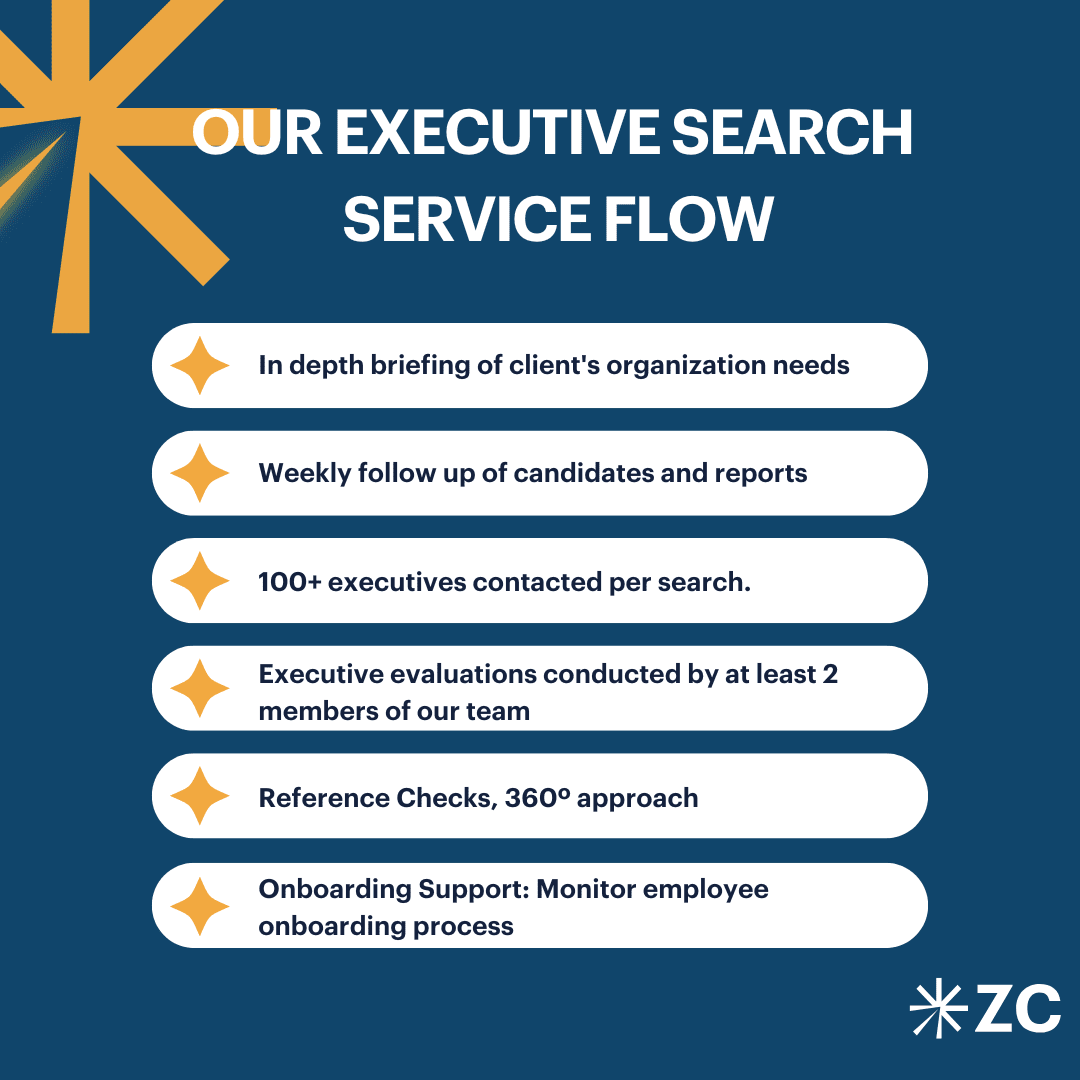Germany is known for its relevant car industry. The automotive industry in Germany generated over 506 billion euros in total sales in 2022, compared to around 411 billion euros the year before. Considering that the coronavirus (COVID-19) pandemic began in March 2020, these figures are an indication of the effect of closures and restrictions, both on the production side and consumers. Most recently, gross production value in German car manufacturing was roughly 457.5 billion euros, a decrease compared to the year before.
On an international scale the automotive industry in Germany is one of the most successful. In 2022, Volkswagen Group secured the second position in a global ranking of top automobile manufacturers, selling 8.2 million vehicles internationally. Additionally, it was the top producer of cars in Germany, although its production numbers have declined since 2019. Daimler AG lagged, with BMW Group completing the top three.
The german automotive industry faced several changes in these late years:
- Sales channels are changing
- Digitalization is leading to new products and processes
- Climate-friendly powertrains are making inroads
- High disrupted supply chains
- High energy prices, galloping inflation and rising interest rates
In 2022, Germany exported approximately 148 billion tons of cars, valued at about 245.3 billion euros. The main export destinations were European countries, along with significant markets in North and South America, and Asia. The top importers of German vehicles were the United States, the United Kingdom, and China, with the U.S. alone importing German cars worth around 34.8 billion euros.
Executive Search for the right type of leaders in the automotive industry:
Since this one is a fast-changing market, there is a need for effective executive search strategies to identify and recruit leaders with specific skills. The right leadership is crucial for several reasons:
- Technological Advancements: Leaders must have the capacity of adapting, learning and leveraging digital transformations and innovations in automotive technology.
- Adapting to Market Changes: The industry faces shifting sales channels, rising energy prices, and changing consumer preferences. Executives must be capable of adapting strategies to these changes.
- Sustainability and Climate Change: With the increasing importance of climate-friendly powertrains, leaders need a strong commitment to sustainability and the ability to drive eco-friendly initiatives.
- Supply Chain Management: The recent disruptions in supply chains require executives who can develop resilient and efficient supply chain strategies.
- Economic Challenges: Leaders must navigate the challenges posed by inflation, rising interest rates, and economic uncertainties, balancing short-term pressures with long-term strategic goals.

The above-mentioned challenges make the executive search for automotive industry crucial. This is a process of identifying, attracting and retaining leaders with distinctive talents and capabilities. The executive search efforts should be geared towards finding leaders who possess strategic visioning, flexibility, global awareness, determination and dynamic problem solving as well as innovation skills.
In conclusion the executive search in the automotive industry is more critical than ever before. It must reflect not only the changing landscape of the current auto market but also have a positive impact on the development of a sustainable future. For that reason, the right executives can guide organizations through all these challenges hence making sure that the automotive sector remains resilient and successful as it was before.
Therefore, they should focus on individuals having a combination of technical qualifications as well as interpersonal qualities for such top management positions.






